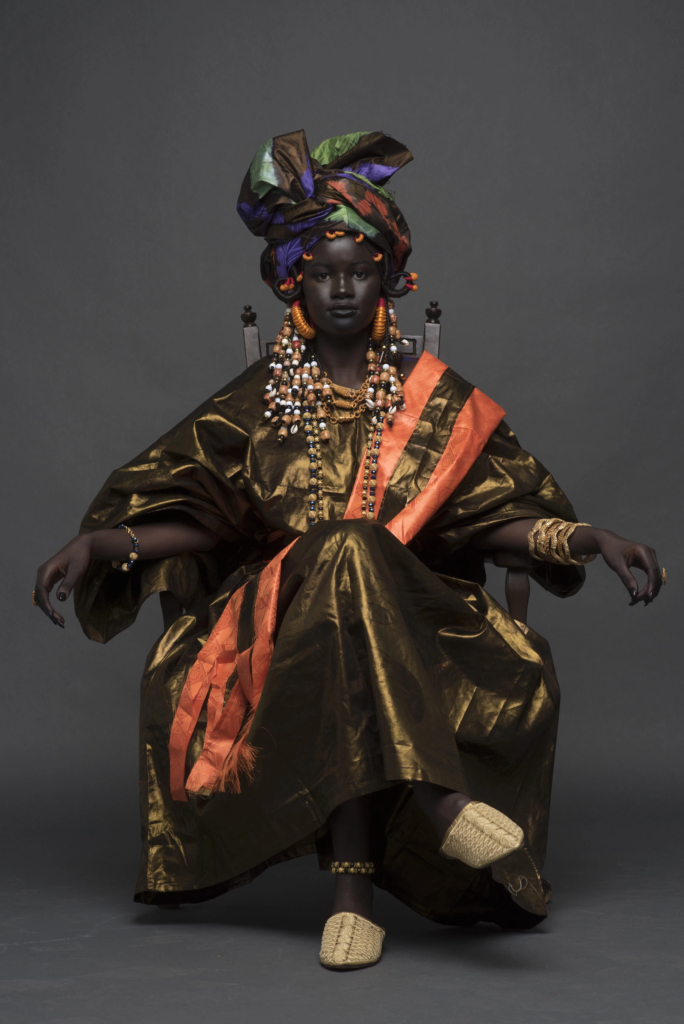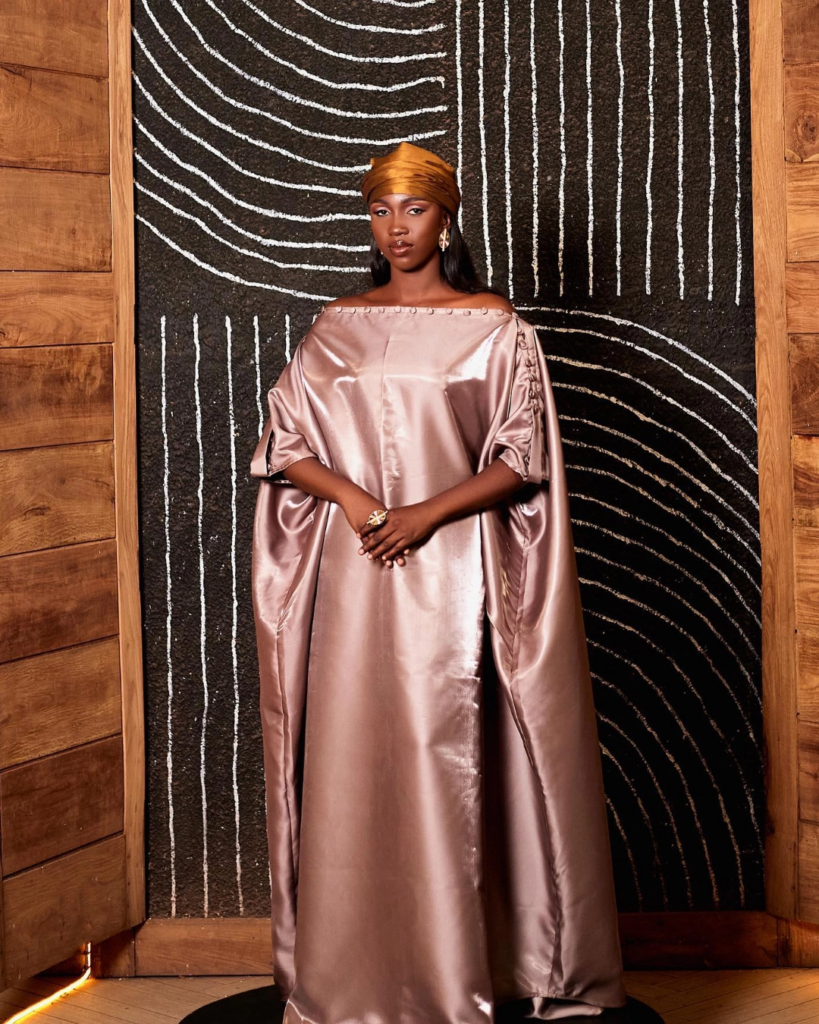African fashion is an inexhaustible source of cultural richness and diversity. This singular history, shaped by the the heritage of African designers and the dynamism of traditional textilesAfrica’s fashion industry deserves to be explored in all its splendor. Africa Fashion Tour is an essential medium for discovering this story, which goes far beyond mere clothing.
The ancient origins of African fashion

The roots of African fashion date back to ancient times, when societies used a variety of materials such as leather, plant fibers and beads to make clothing and accessories. Visit traditional fabricssuch as loinclothare historically important. In West Africa, notably Côte d’Ivoire and Ghana, the loincloth was often used to mark key social and political events.
The waxa printed cotton fabric, is also one of the key elements of African African fashion. Initially imported by the Dutch, it was quickly adopted and personalized by local populations, becoming a strong symbol of African craftsmanship and identity. These African textiles also convey messages and stories, often handed down from generation to generation.
The influence of international trade
Trans-Saharan trade and later the Atlantic slave trade played an important role in the spread and evolution of African fashion. In great trading cities like Timbuktu, trade introduced new ideas and textile techniques from different cultures. This cultural cross-fertilization enriched African clothing and accessories, while allowing local craftsmen to appropriate and reinterpret these foreign influences.
Respect for cultural heritage remains central to clothing production. Patterns and textures often carry deep spiritual and social meanings, reminding us of the importance of community identity and cultural transmission.
The colonial and post-colonial period
The colonial period, marked by European domination, had a significant impact on African fashion. The colonialists brought with them their own styles of dress, often attempting to impose their aesthetics to the detriment of local practices. This period also saw the emergence of resistance movements, where subversive tactics enabled Africans to preserve and even reinforce their traditional clothing heritage.
After independence, the return to cultural roots became a strong political act of identity. The leaders of the new national states encouraged the valorization of local fashion as a means of asserting their new-found autonomy. It was during this period that many African designers are beginning to gain recognition, not only on the continent but also internationally, thanks to their innovative creations combining tradition and modernity.
Creative renewal and the emergence of African designers
The end of the twentieth century and the beginning of the twenty-first marked a veritable revival of African fashion. Visit African designers now play a central role in the global fashion landscape. The cultural diversity explodes in the form of bold collections, telling the many stories and myths they embody.
The 21st century: African fashion in the age of globalization
With social networking and globalization, African fashion is finding a much wider echo. African influencers are using Instagram and other platforms to spread the latest trends and encourage ethical, sustainable consumption, often favoring eco-friendly materials and artisanal processes.
This trend towards more conscious consumption is strongly present in the slow fashion movement, to which many brands and designers belong. African designers. They highlight not only the quality of the products, but also the know-how of local craftsmen, promoting a circular and sustainable economy.
Africa Fashion Tour supports these initiatives and shares the inspiring stories of these agents of change.
The role of fashion festivals and weeks
Fashion festivals and African fashion weeks play a key role in promoting young talent and spreading the word about African fashion on the international scene. Events such as Lagos Fashion Week or Dakar Fashion Week attract a cosmopolitan audience and give major visibility to designers and stylists from all regions of the continent.
These platforms also create links between tradition and modernity. Fashion shows are transformed into spectacles featuring the cultural influence peoples of Africa, revealing an unsuspected wealth to the world.
The future of African fashion
The future of of African fashion looks promising. Younger generations are appropriating dress codes while offering their own personal touch. The blending of genres, materials and colors opens up a wide range of possibilities.
The focus is increasingly on ethical and sustainability issues. African consumers are becoming increasingly aware of the ecological and social impact of their clothing choices, often opting for designers and brands that promote a responsible and transparent approach.
With our Africa Fashion Tour media, explore these fascinating transformations and immerse yourself in the vibratory world of African fashion.

